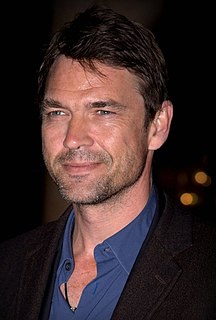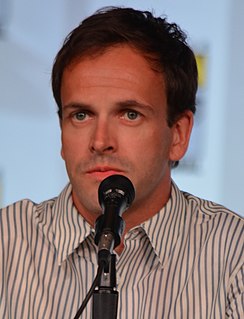Цитата Уэса Крэйвена
Я не хочу исключать американских режиссеров, но я думаю, что европейские режиссеры в целом, из-за размера наций в Европе, подвержены воздействию всех различных культур, они могут легко перемещаться из одной отдельной культуры в другую за считанные часы - вы можете проехать две недели по Соединенным Штатам, и вы находитесь в одной и той же базовой культуре - так что есть определенная широта понимания и изощренность, которую они привносят в это, и, честно говоря, в некоторых случаях они дешевле, чем американские режиссеры.
Темы цитат
По всей
Америке
Другой
базовый
потому что
широта
Приносит
дела
Определенные
культуры
Культуры
Разные
Разные культуры
Директора
Отличаются
вождение
Легко
Европа
Европейская
Дорого
Открыто
Откровенно
Общее количество
часов
Меньше
значения
Нации
Одинаковый
размер
Некоторые
утонченные
Штаты
, чем
думают
Путешествие
Две
две недели
Понимание
Соединенных
Штатов Соединенные Штаты
Хотите
недель
Связанные цитаты
Честно говоря, я ненавижу сравнения. Два человека снимаются в двух разных фильмах, играют двух разных персонажей: как их можно сравнивать? Нечестно попадать в рейтинги. На самом деле неважно, что я думаю о других актрисах; важно то, что режиссеры думают о них, когда они выбирают их для проекта, потому что я думаю, что именно режиссер стоит за успешным фильмом.
Иностранные зрители несколько удивлены и счастливы, обнаружив, что американский фильм задает вопросы об американской культуре. Мы практикуем определенный вид культурного империализма. Наши пленки проникают на все рынки мира. Я видел и заставлял людей размышлять обо мне, может быть, не так многословно или конкретно, но я улавливаю подтекст этого - они несколько очарованы, удивлены и счастливы видеть, как американский фильм отражает нашу культуру. Потому что они видят, как другие культуры размышляют о нашей культуре, но они не видят, что американская культура размышляет о себе точно так же.
Это действительно отличает великих режиссеров от хороших режиссеров: их способность заставить вас почувствовать, что вы имеете значение, даже если ваша роль намного меньше. Это одна вещь, которую я обнаружил у большинства великих режиссеров, с которыми я работал: у всех у них есть этот навык. Не все тратят время.
У меня есть некоторые преимущества при просмотре с двух линз, с двух точек зрения. Я думаю, что многие визуальные художники, которые возвращаются сюда из Соединенных Штатов и являются камбоджийцами, также пишут, исходя из своих американских отсылок — заглядывая внутрь старой культуры и глядя на себя как на американца, смотрящего в страну, где они родились.


































